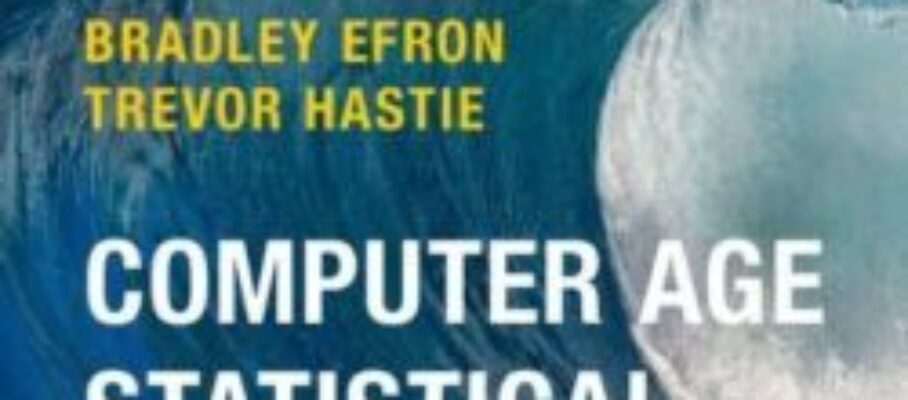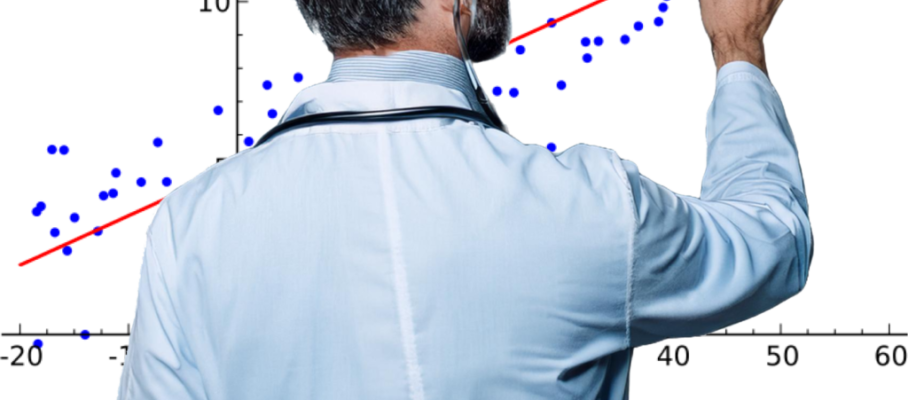Jun 25 2025
Update on Data Science versus Statistics
Based on the usage of the terms in the literature, I have concluded that statistics has been subsumed under data science. I view statistics as beginning with a dataset and ending with conclusions, while data science starts with sensors and transaction processing, and ends in data products for end users. Kelleher & Tierney’s Data Science views it the same way, and so do tool-specific references like Gromelund’s R for Data Science, or Zumel & Mount’s Practical Data Science with R.


Brad Efron and Trevor Hastie are two prominent statisticians with a different perspective. In the epilogue of their 2016 book, Computer Age Statistical Inference, they describe data science as a subset of statistics that emphasizes algorithms and empirical validation, while inferential statistics focuses on mathematical models and probability theory.
Efron and Hastie’s book is definitely about statistics, as it contains no discussion of data acquisition, cleaning, storage and retrieval, or visualization. I asked Brad Efron about it and he responded: “That definition of data science is fine for its general use in business and industry.” He and Hastie were looking at it from the perspective of researchers in the field.





Sep 17 2025
Label your charts!
Charts you share with others need a bodyguard of text to be self-explanatory, avert misunderstandings, and support learning. None of this matters when you chart exclusively for your own use, but it is obligatory when communicating with a team or making a case to management.
Generating an informative, actionable chart can take hours; documenting and labeling it should take minutes, yet we encounter charts with missing or unclear labels in business documents, published articles, and even textbooks.
Contents
Share this:
Like this:
By Michel Baudin • Data science 0 • Tags: Axis label, Chart, SPC